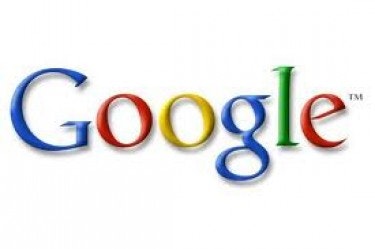Just last month, Google Inc (NASDAQ:GOOG) released a whole new version of Google Maps at their I/O conference. The focus of the new Maps is to be more personal, with things that you are interested in showing up more prominently on your maps. Google also introduced new advertising features that it hopes will give them an edge in the local, personalized advertising market. A revamp of Google Maps to incorporate more personal ads makes sense.
More recently, however, Google Inc (NASDAQ:GOOG) made a more questionable maps-related announcement. The company has closed a deal to buy the mobile mapping app Waze for a reported $1.1 billion, less than a month after the Google I/O announcement of a complete Google Maps overhaul.
Months of speculation
Location-based advertising is hot, and with good reason. In 2010, the location-based advertising market was worth nearly $600 million, up from just $86 million in 2008. By 2015, Pyramid Research predicts that this market will grow to over $6 billion.
Because of this growth, Google Inc (NASDAQ:GOOG) was not the only tech giant salivating over the Israeli-based social mapping app. Facebook Inc (NASDAQ:FB) was reportedly in serious talks with Waze that fell apart at the last minute, and Apple Inc. (NASDAQ:AAPL) was also rumored to be pursuing Waze. Waze would have been a better acquisition for Facebook or Apple than it was for Google, however.
Facebook & Waze
Facebook Inc (NASDAQ:FB) currently uses Microsoft Corporation (NASDAQ:MSFT)’s Bing for their mapping service, but Waze would be a better fit with Facebook. Part of Waze’s appeal is its user base that’s nearly 50 million users strong. These users do not just use Waze; they’re actively involved with Waze. They report police speed traps, road closings, construction, and even changes to road locations and names to the app. Waze passively track users, with their permission, providing fantastic real-time traffic flow information. The most involved Waze users get direct access to the Waze employees so that they can work together to make the app even better.
Waze would have been like what Instagram was for Facebook. It would have added to what the company already had, while at the same time bringing with it a new and passionate niche community.
Apple & Waze
For years, Apple used Google Inc (NASDAQ:GOOG)’s Maps on all of their devices. Recently, however, Apple Inc. (NASDAQ:AAPL) dropped Google in favor of an in-house solution. The initial release of Apple Maps was a disaster, culminating in a high-profile departure of one of the Maps designers and a public apology from Apple CEO Tim Cook. Waze, with its dedicated user base and treasure trove of crowdsourced location data, could have given Apple what it needed to compete with Google Maps.
This is especially true since Google Inc (NASDAQ:GOOG) released a Google Maps app for iOS which includes features that were never available on iOS before. It has since become one of the most popular free apps for iOS.
What will Google use Waze for?
The rational for Apple and Facebook to buy Waze was pretty clear. Google Inc (NASDAQ:GOOG), however, does not need Waze, and its reasons for spending over a billion dollars for the app are weak at best. There are two basic reasons: maintaining the company’s present place in the market, and actually using what Waze has.






